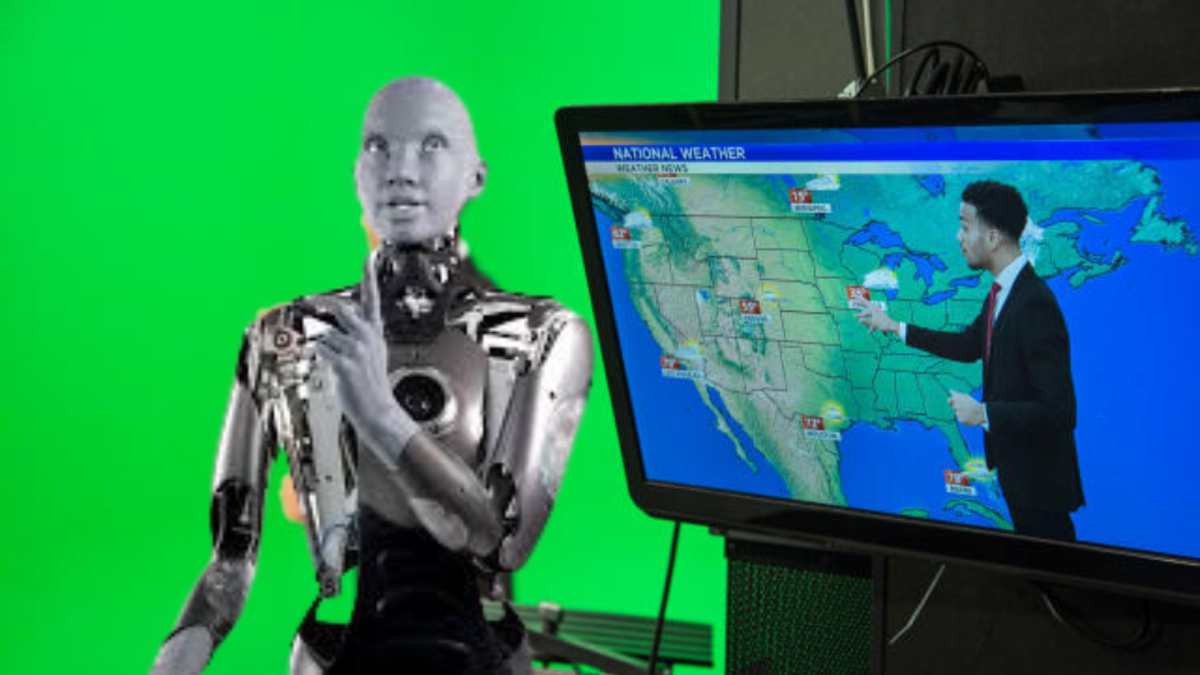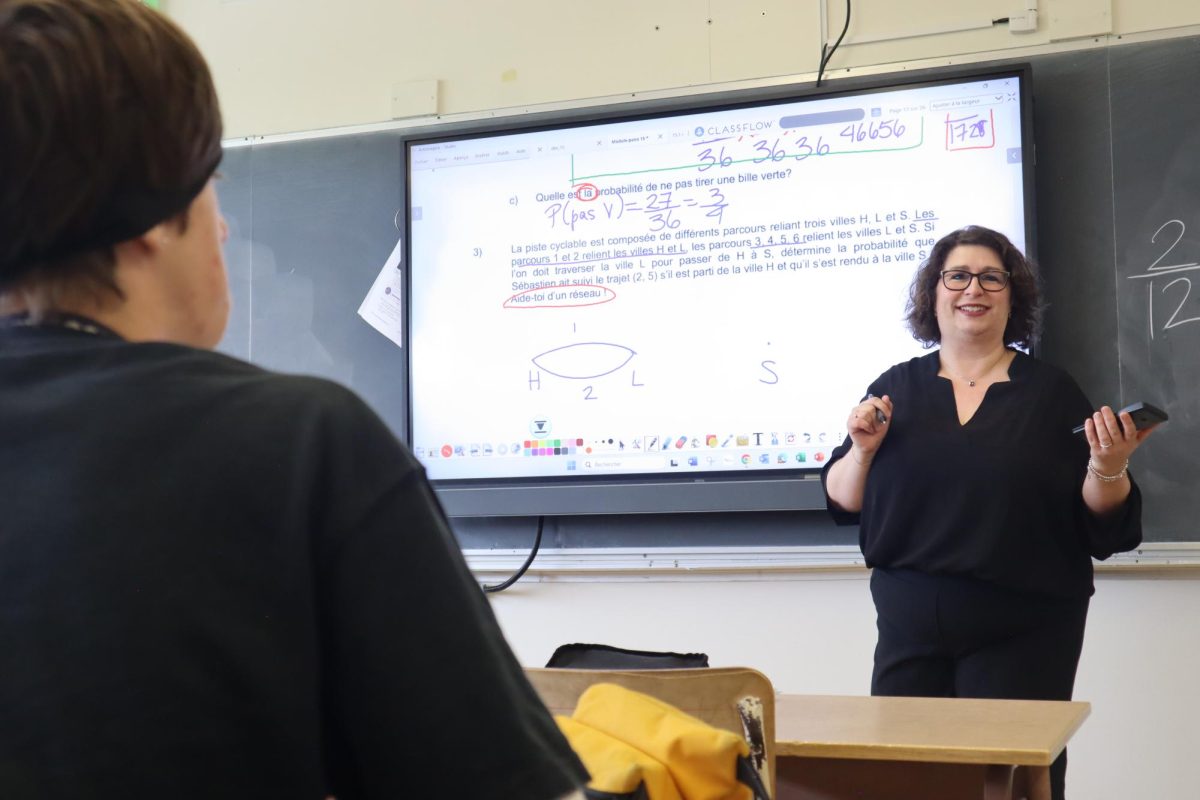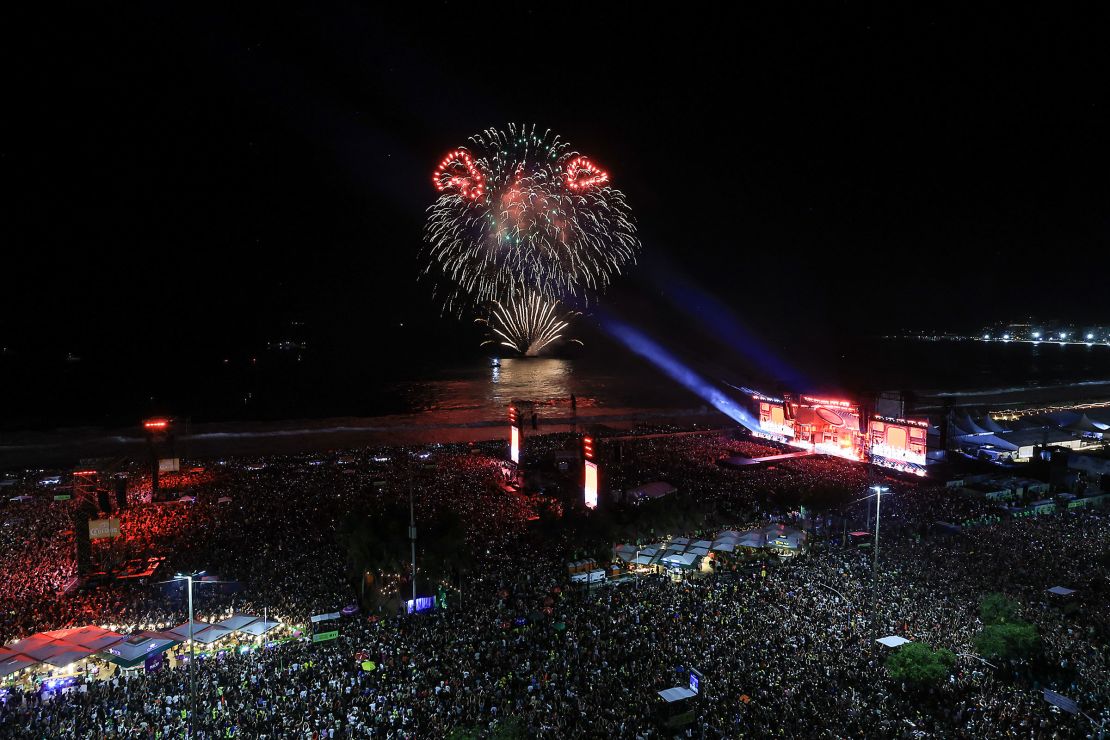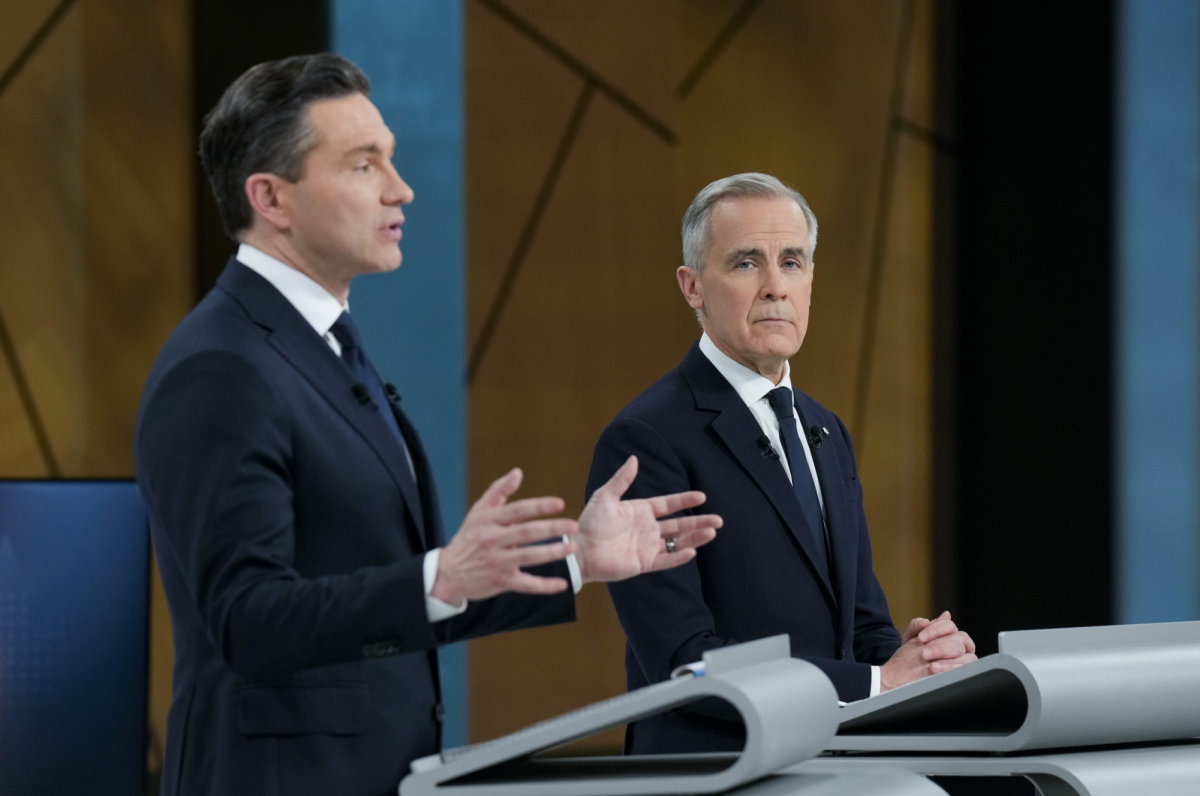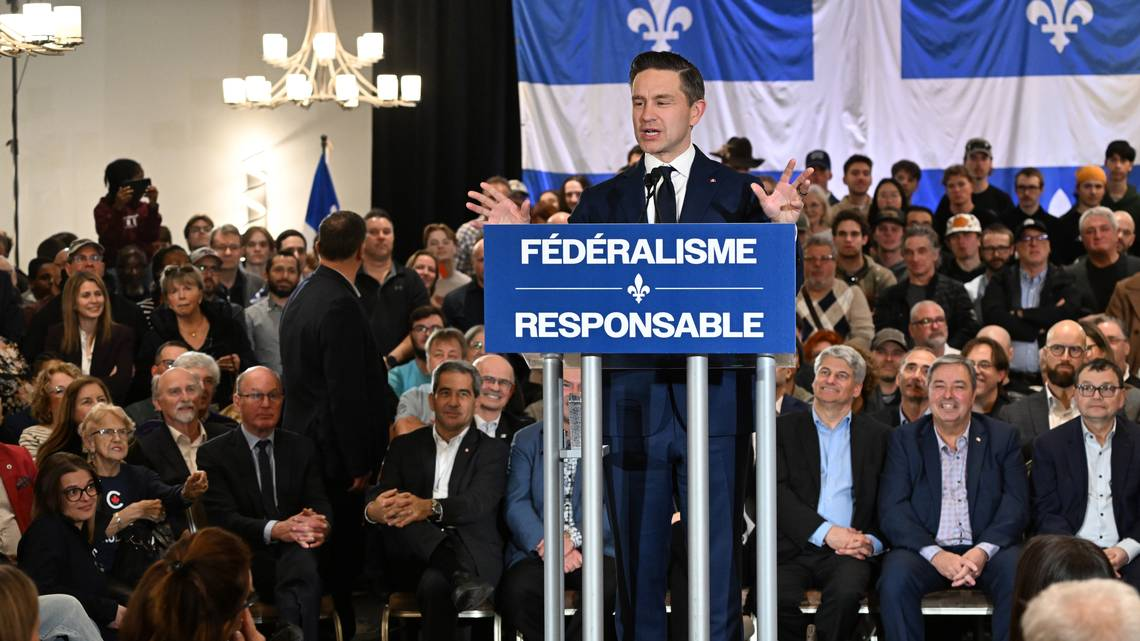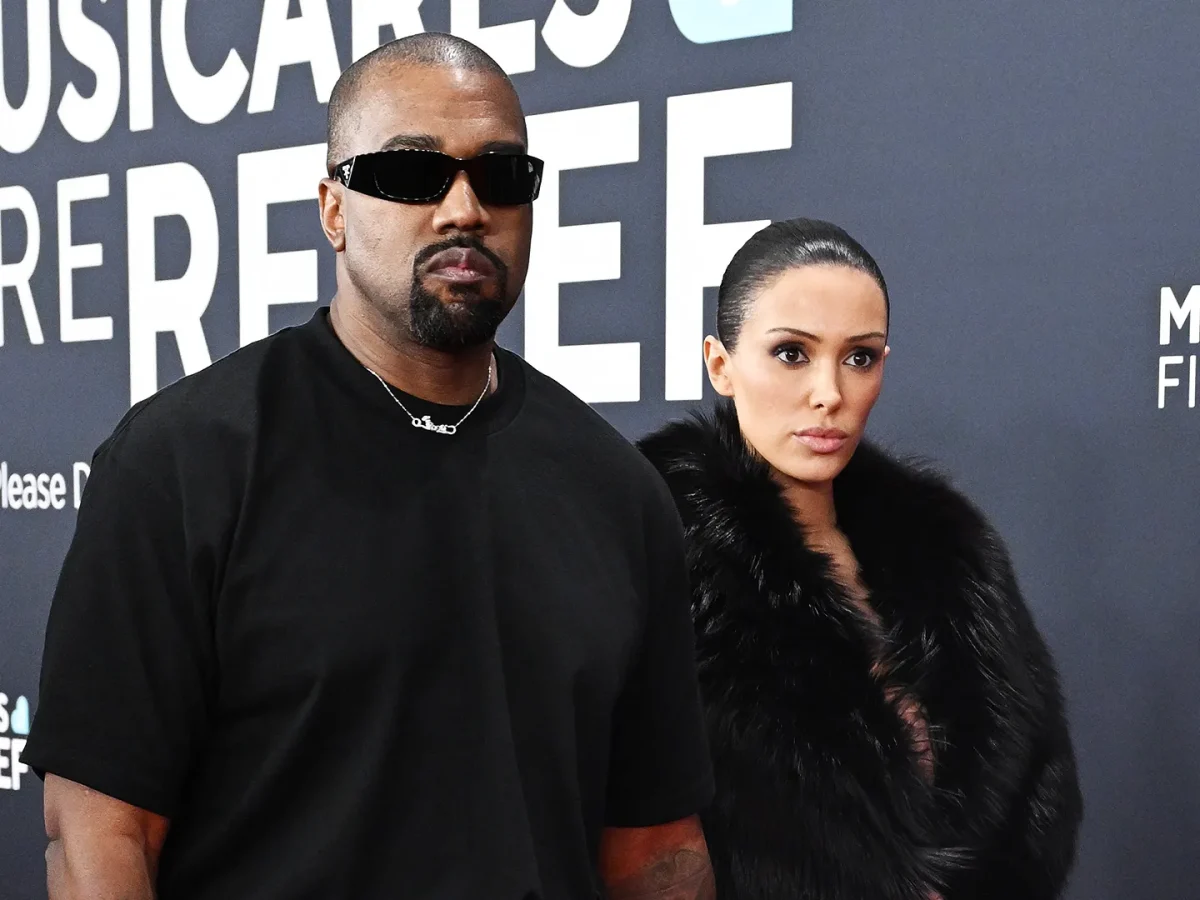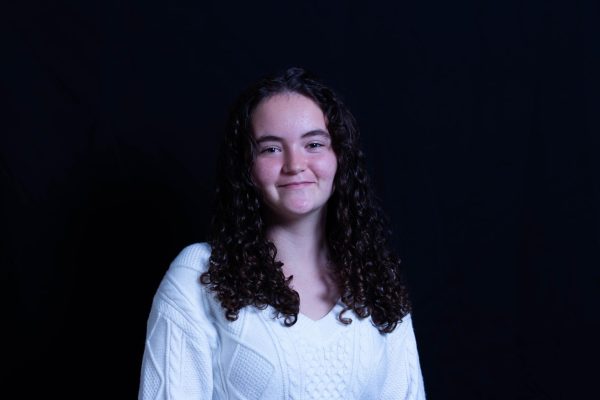According to several experts, artificial intelligence may not guess the path of a tornado, but it could analyze it more easily. Environment and Climate Change Canada says it’s in an “exploration phase” regarding utilizing AI in future weather forecasts.
“We still have a lot of humans behind all this, meteorologists, very competent people who help us do this, but we are exploring the possibility of using artificial intelligence,” explains Steven Guilbeault, Minister of Environment and Climate Change at TVA Nouvelles. At the École de Technologie Supérieure in Montreal, a server room, or a supercomputer, is on site. Managed by Calcul Québec, a non-profit organization, the room is occupied by members of university institutions and research centers. “We have a lot of researchers working in climate science,” says Suzanne Talon, general director at Calcul Québec.
According to her, the main issue in weather is the equations which can be chaotic. “Through artificial intelligence, with historical data, we could compensate for some of the ignorance we have at the start,” she adds. This is a research topic that is accelerating more and more quickly. Based on the laws of physics, when information is inserted into a formula, each step of the calculation can be observed and errors can be easily spotted, according to Lucas Nogueira, a scientific analyst in artificial intelligence. “While the artificial intelligence model is often a black box,” he emphasizes. “There is a new family of models which use physics equations […] very robust, very well known, which are difficult to assimilate and they will integrate AI to accelerate the simulation, simplify the integration new types of data,” says Gaétan Marceau Caron, senior director of the applied research team at the Quebec artificial intelligence institute Mila. He reiterates that scientists have his absolute trust, unlike AI.


